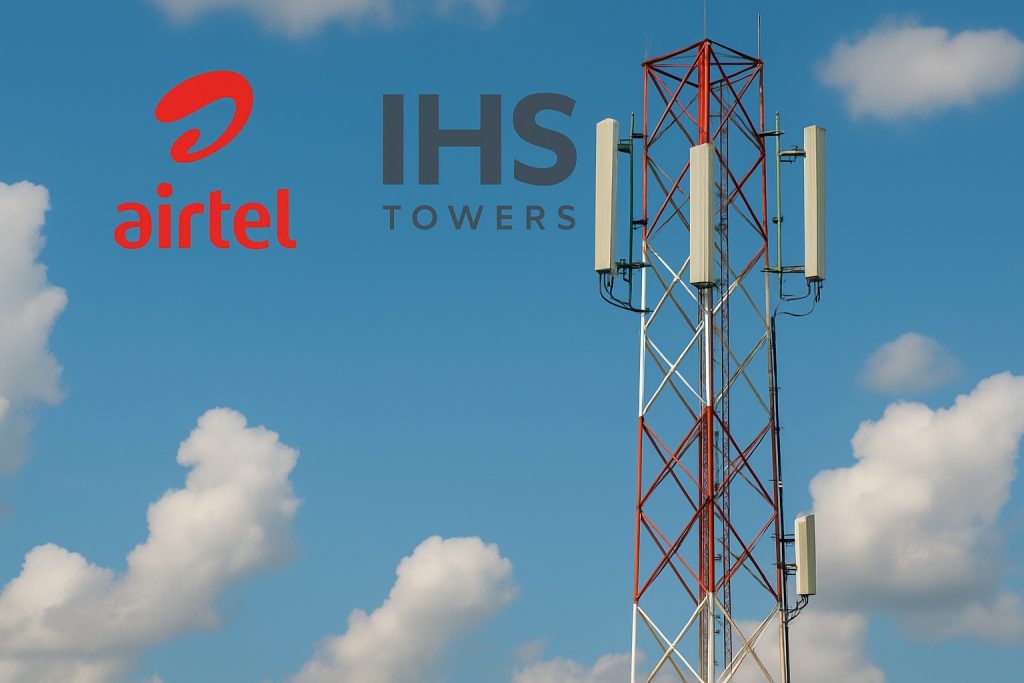In April 2025, Zambia enacted the Cyber Security Act No. 3 of 2025, replacing the 2021 Cyber Security and Cyber Crimes Act. This legislation aims to bolster national cybersecurity, protect critical information infrastructure (CII), and regulate digital operations across various sectors. While enhancing cyber resilience, the Act introduces significant compliance requirements for businesses operating in Zambia.
Hours delivered back to the business
SOX compliance in Settlement process automation
Success rate of bot case completion
For functional release of OBT, RTS and OGS
Key Provisions of the Cyber Security Act, 2025
Establishment of the Zambia Cyber Security Agency (ZCSA): The Act establishes the ZCSA, responsible for overseeing cybersecurity measures, issuing licenses for cybersecurity services, and ensuring compliance with the Act’s provisions.
Designation and Protection of Critical Information Infrastructure (CII): Businesses operating in sectors such as banking, health, energy, and ICT may have their information systems designated as CII. Such designation mandates adherence to specific security standards and protocols. afriwise.comParliament of Zambia
Mandatory Registration and Auditing: Entities controlling CII are required to register their infrastructure with the ZCSA and undergo annual cybersecurity audits conducted by certified professionals. Non-compliance may result in substantial penalties. afriwise.comParliament of Zambia
Data Localization Requirements: The Act mandates that critical information be hosted within Zambia. While exceptions exist, businesses must obtain authorization to host data abroad, considering factors like national security and the adequacy of foreign cybersecurity laws. Dark Reading+3Parliament of Zambia+3afriwise.com+3
Incident Reporting Obligations: Organizations must report cybersecurity incidents affecting CII to the ZCSA immediately, followed by a preliminary report within 12 hours and a detailed report upon resolution.
.
Impact
on businesses
Compliance and Operational Costs: Businesses must invest in cybersecurity infrastructure, personnel training, and regular audits to meet the Act’s requirements. These investments, while enhancing security, may increase operational costs, particularly for small and medium-sized enterprises.
Data Management Challenges: The data localization mandate may necessitate restructuring data storage solutions, especially for companies relying on international cloud services. Obtaining authorization for data externalization involves additional administrative procedures and potential fees.LinkedInafriwise.com
Enhanced Security Posture: Adherence to the Act’s provisions can lead to improved cybersecurity resilience, protecting businesses from cyber threats and fostering customer trust.
Legal and Regulatory Scrutiny: Non-compliance with the Act can result in significant penalties, including fines and imprisonment. Businesses must stay informed about regulatory changes and ensure continuous compliance to avoid legal repercussions.





